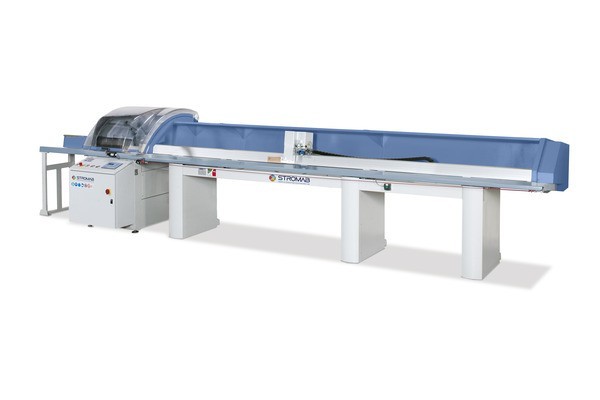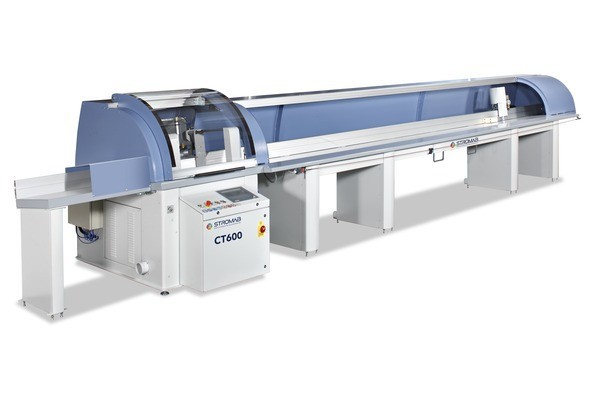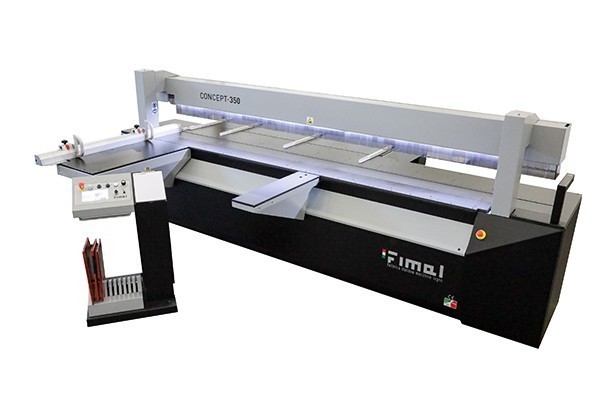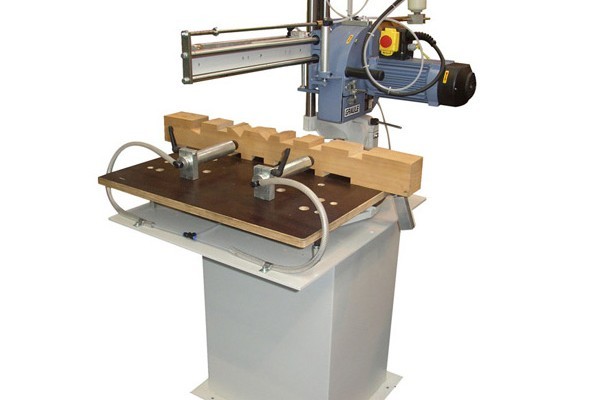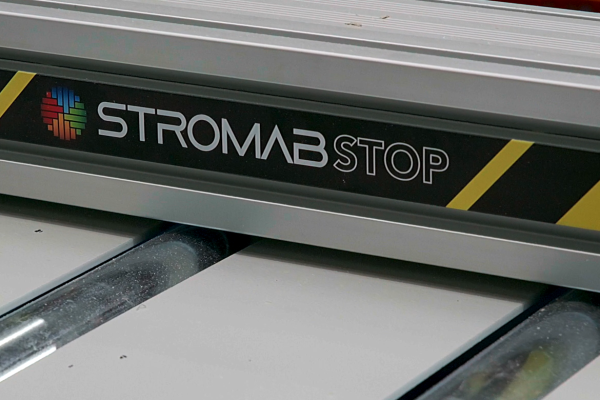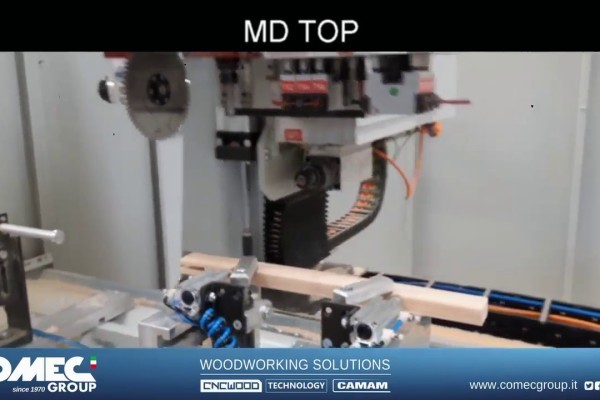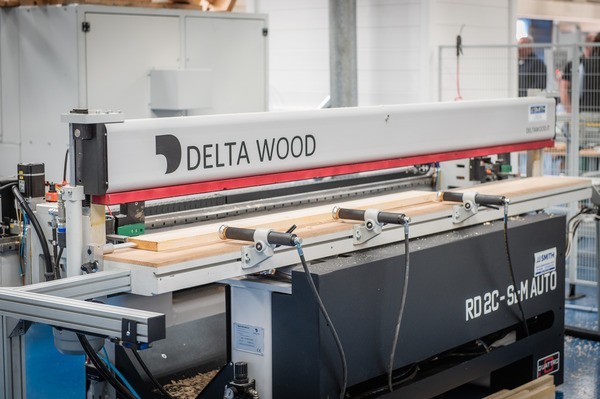As someone who works at the sharp end of manufacturing – supporting businesses across the UK with advanced woodworking machinery and automation solutions – this new blueprint is both exciting and timely. It’s ambitious, far-reaching, and a clear signal that government and industry are ready to tackle both the opportunities and challenges of this next industrial era head-on.
A Welcome Focus on Robotics and Automation
One area of the Plan that stood out immediately for us at JJ Smith is the explicit emphasis on robotics and autonomous systems as essential foundations for the UK’s future manufacturing competitiveness. This aligns perfectly with where we’ve been strategically investing for several years, particularly through our leadership in Woodworking Robotics.
For many, robotics still conjures images of high-volume automotive plants or gleaming production lines in aerospace. But what’s less often talked about is how automation is transforming traditional sectors like woodworking. We're helping customers take their first steps into automation, whether that’s integrating a collaborative robot for repetitive handling tasks or adopting fully autonomous production cells.
The plan’s commitment to upscale the Made Smarter Adoption programme is a significant move in helping the woodworking industry navigate and implement digital technologies. We’ve already seen first-hand how transformative this support can be for businesses unsure where to start with automation. Until the new regional robotics hubs are fully operational, we’re very much here to advise and guide businesses of all sizes on their automation journey.
The Importance of Skills – From Policy to Practical Impact
However, while technology is an enabler, people remain the heart of manufacturing. The skills dimension of the Plan is critical. The government’s pledge to increase investment in skills and apprenticeships is welcome, but delivery will be everything.
We urgently need to address the mismatch between the skillsets we have today and those we’ll need tomorrow. Reskilling and upskilling the existing workforce for automation and digital technologies can’t be an afterthought. The decline in manufacturing apprenticeship starts over recent years is concerning. So too is the low uptake of training among adults already in the workforce.
In practice, this means government and industry need to work hand-in-hand to develop more flexible, accessible training models – ones that suit small businesses, mid-career workers, and those in sectors like woodworking where many employees may not see themselves as "digital workers," but soon will be.
Let’s also not forget the importance of raising awareness and aspiration among young people. Too often, manufacturing is still perceived as outdated or low-skilled. In reality, the jobs of the future –particularly in areas like robotics programming, systems integration, and data-driven manufacturing – are anything but.
Place-Based Growth – A Real Opportunity for Regions Like Ours
Another encouraging theme in the Plan is the recognition of place and the power of devolved regions to shape their own economic futures. The Liverpool City Region Combined Authority – where we’re proudly based – is already playing a central role in driving innovation and skills development in manufacturing.
We’ve seen the value of local collaboration first-hand, whether through partnerships with local colleges, innovation hubs, or regional trade bodies. The new Local Growth Plans referenced in the Sector Plan will hopefully build on this momentum, ensuring that policies reflect local industry strengths and workforce realities.
It’s essential that these place-based plans connect meaningfully with the national strategy, so regions like ours aren’t just following the lead of Westminster, but actively shaping the future of UK manufacturing.
A Call to Action
While this Sector Plan is a strong starting point, its real test will be in its execution, adaptability, and inclusivity. Manufacturing is diverse. While the Plan rightly champions “frontier industries,” we need to ensure that innovation, support, and investment reach every corner of the sector.
For the woodworking industry especially, it’s vital that implementation is practical, not just strategic – offering clear routes to support, straightforward funding mechanisms, and tangible help in areas like automation adoption, workforce training, and export growth.
At JJ Smith, we’re committed to playing our part: whether that’s advising customers on their automation journey, helping young engineers start their careers in manufacturing, or championing innovation in our sector.
The blueprint has been laid. Now the real work begins. Together, we have an opportunity to build not just a more productive and innovative manufacturing base, but a more resilient, future-ready Britain.










